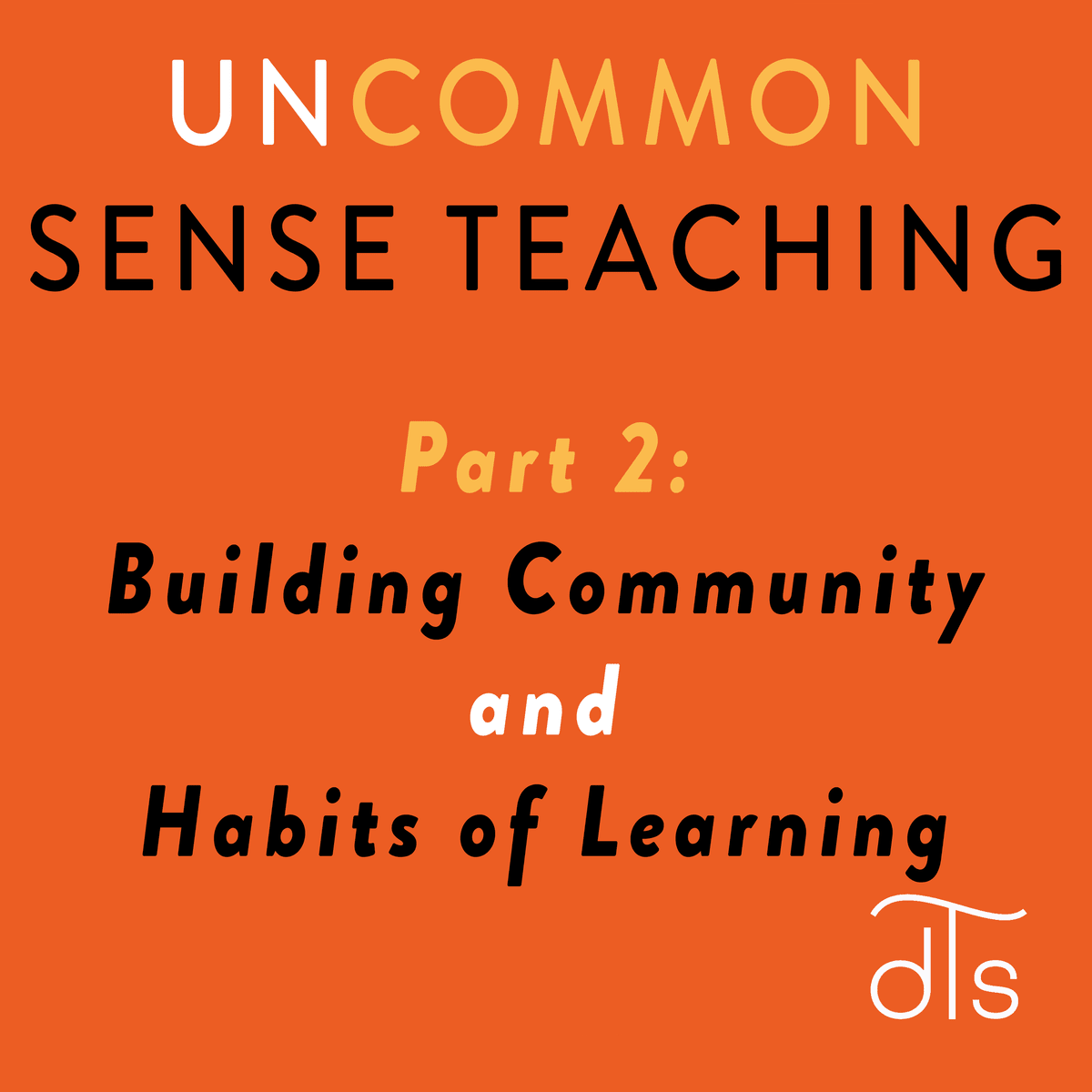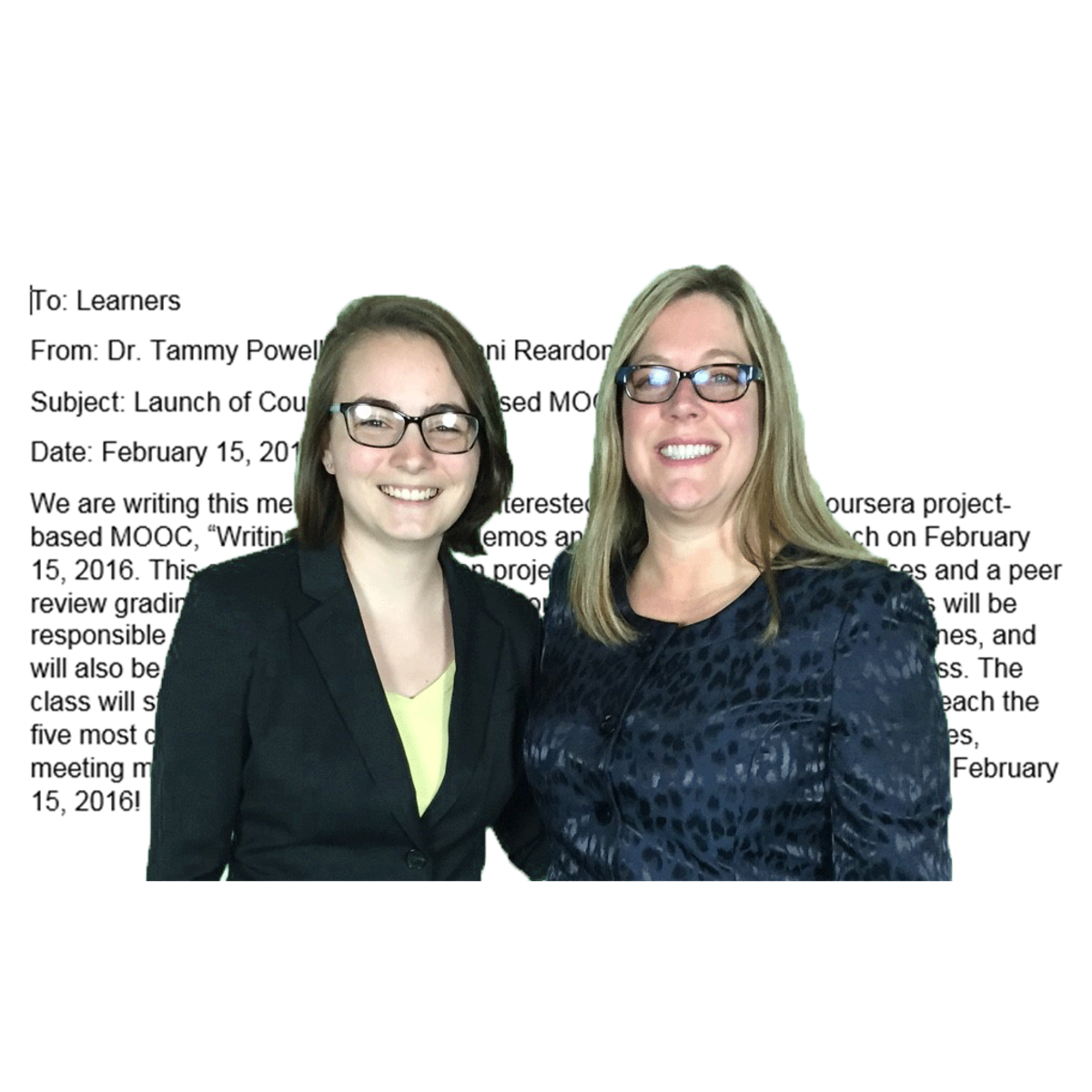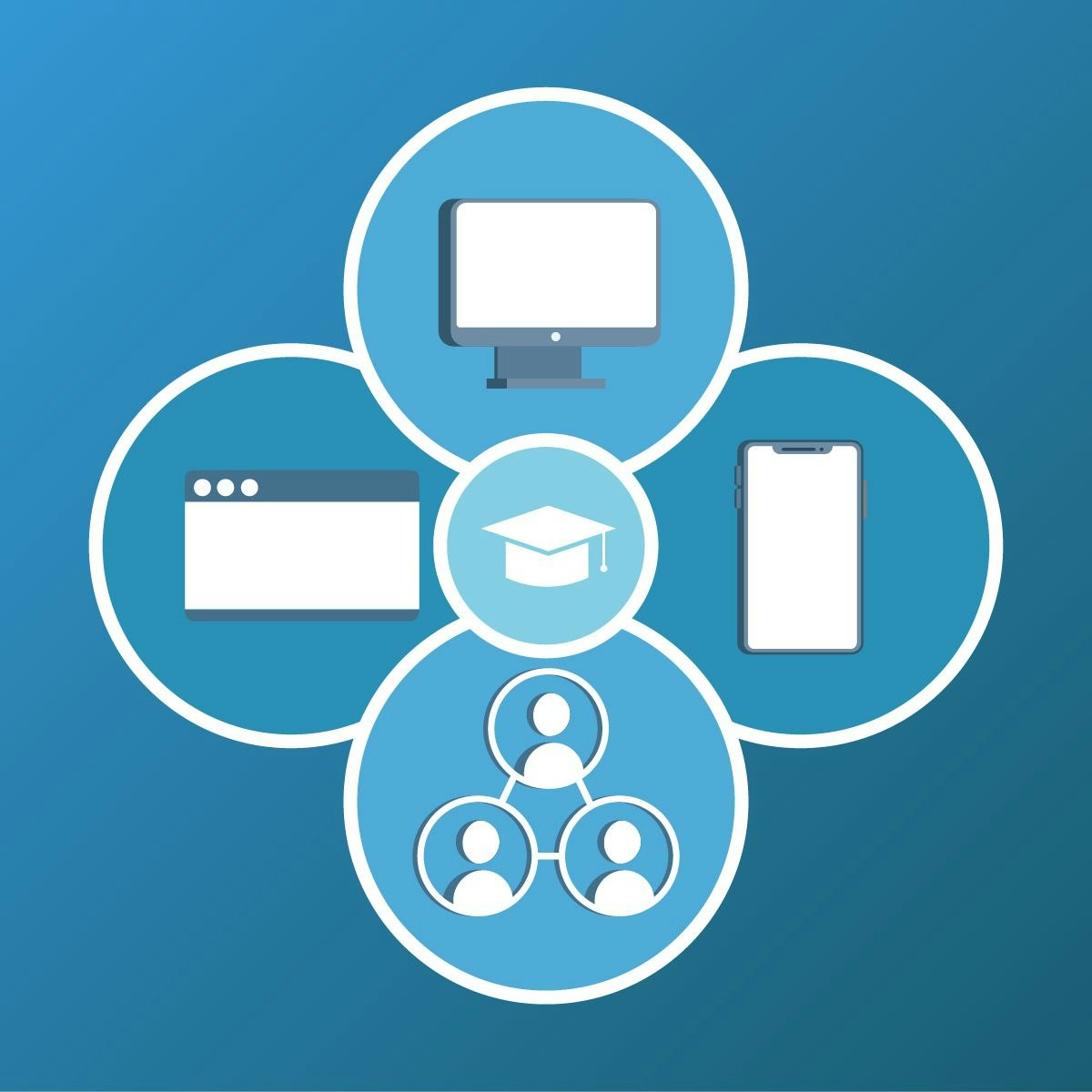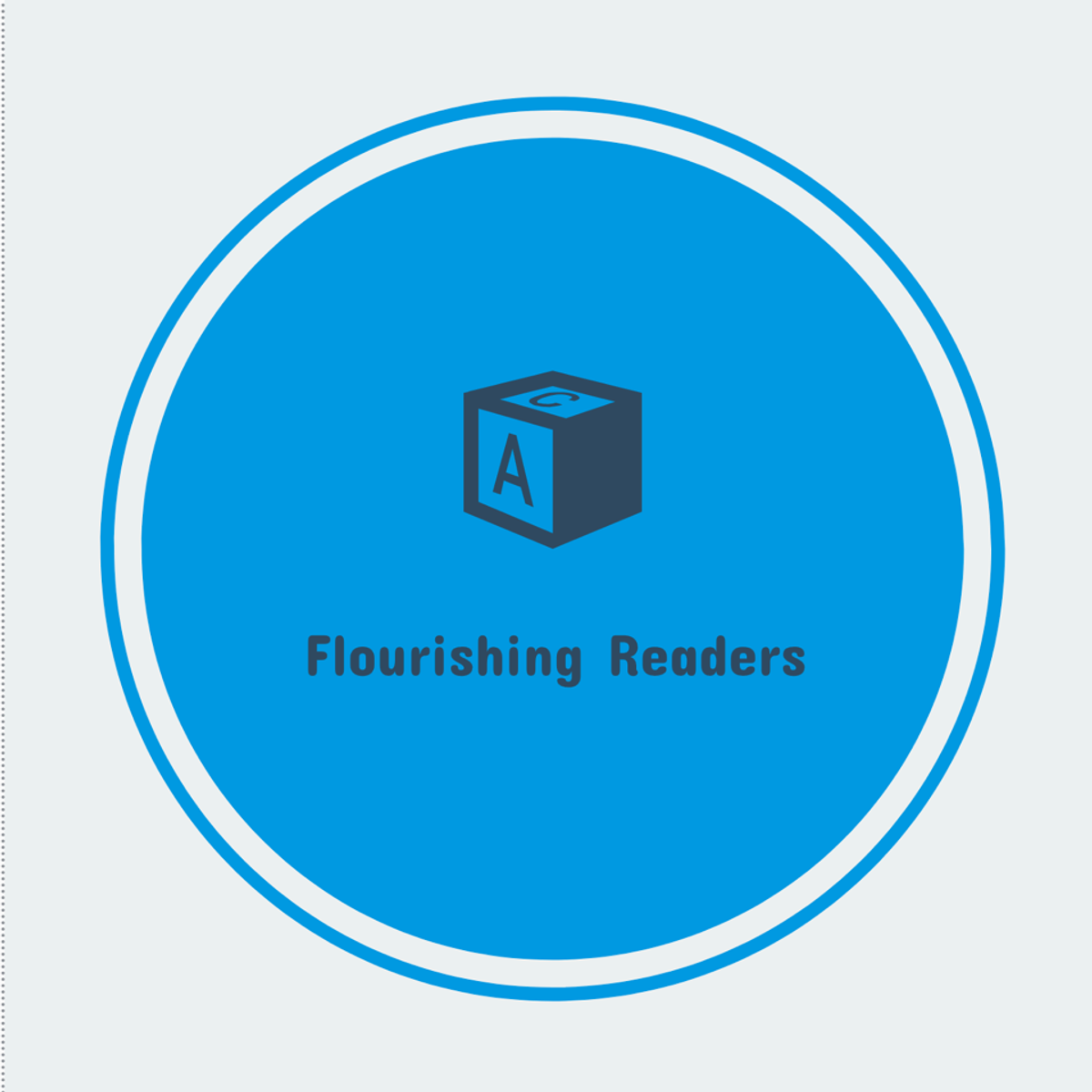Back to Courses









Personal Development Courses - Page 36
Showing results 351-360 of 514

Uncommon Sense Teaching: Part 2, Building Community and Habits of Learning
In Part 2 of Uncommon Sense Teaching: Building Community and Habits of Learning, you will explore the following areas more deeply—helping you to connect with the latest insights into research and have fun while you are doing it!
• The hidden strengths of neurodiversity: Dyslexia, attention deficit hyperactivity disorder, autism, and
other syndromes that relate to learning
• The value of forgetting
• How to use habits formed by the procedural system to help you with classroom management
• Judicious use of rewards to motivate students (too many rewards can de-motivate)
• How to avoid educational fads
• The power of lesson plans
This is like no other course on teaching—it weaves late-breaking insights from neuroscience with personal insights from the classroom to provide unexpected, yet practical, new approaches. You’ll discover how to bring out the best from all your students in today’s diverse teaching environment, where students often have a wide range of abilities.
Uncommon Sense Teaching will take your teaching to a higher level for whatever subjects you teach, whether math, physics, literature, dance, art, or anything else; and whether you are teaching K-12, university, business, vocational, or at home.
Join us today to move into the new era of education!

Leading Diverse Teams & Organizations
In this new course, you'll gain evidence-based knowledge and practical tools to help you design and lead diverse, equitable, and inclusive (DEI) teams and organizations. Whatever your background, and wherever in the world you may be, you’ll gain tools to accelerate your personal journey to lead diverse teams and organizations. This program is specifically designed to accommodate learners from different backgrounds (gender, race, country of origin, etc) as well as different starting knowledge points (new to the topic or social justice warriors). In the course, you’ll learn to better understand yourself and your personal identity in the workplace and gain new skills to identify privilege, implicit bias, and microaggressions in your organization and to take action as an active ally and change advocate. After hearing from experts representing a diverse array of real-world perspectives, you’ll understand best practices for equitable organizational processes and norms and inclusive behavioral practices in teams. Finally, you'll learn about best practices for organizational DEI strategy, including the role of metrics in DEI work and how DEI work can be integrated into the heart of an organization. At the end of the course, you’ll create a DEI action plan which you can apply to your own life and workplace.
Throughout the course, you'll:
- Describe the organizational benefits of diversity, equity, and inclusion
- Identify the conditions under which diversity is most likely to benefit teams and organizations.
- Deepen your understanding of different demographic differences and how identity, implicit bias, and structural inequalities impact workplace dynamics.
- Identify best practices for equitable organizational processes and norms.
- Incorporate important considerations for how to lead inclusive teams, including conflict management skills, group decision making best practices, and emotion regulation.
- Gain tools for the implementation of DEI strategies in organizations, including the architecture of DEI groups, the role of data and metrics, and tools to integrate DEI into the very heart of an organization.

Writing Professional Email and Memos (Project-Centered Course)
Want your workplace writing to make a positive impression? At the end of this course, you will be a more confident writer, able to create higher quality professional documents more quickly.
This course is at the introductory or beginner level and focuses on mastering the basics of email etiquette and communication. While this course will help learners become faster and more efficient writers by virtue of practice with common writing purposes, it does not cover marketing emails or job application materials.
In this project-based learning course, you will work on a continuous project, the writing of a professional email/memo. At the end of the course, you will write a clear and concise email/memo. The final product will be individualized to your professional endeavors and follow the guidelines for one of the common types of emails/memos explained in the course: directives, progress reports, incident reports, response to inquiries, and meeting minutes. You will gain a wealth of skills. You will learn about appropriate email/memo formats, common ways to organize email/memo contents, common email/memo routing protocols, and expectations upon writers in professional environments.
This course is designed to be beneficial to all levels of learners, whether you have never heard of an email/memo or write them every day. Everyone will learn something from this experience. In fact, different levels of learners are encouraged in this course so that we can all learn from each other. There will be thousands of learners working side-by-side on their projects, and the environment will be social, supportive, and constructive.
By the end of this course, learners will be able to:
- write clear and concise emails/memos relative to their professional endeavors
- recognize five different types of emails/memos and their formats
- analyze email/memo context for audience and tone
- use basic grammar correctly in their email/memo writing
Materials required:
Learners in this course will need only a computer with strong enough Internet to play videos and hear sound. A word processing software is suggested, but not required.
Time required:
This course will require approximately 4 hours of work in the platform, including videos, reading, quizzes, and other activities.
The course project will require approximately 6 hours of work, including the rough draft, draft peer review, final draft, and final peer review.

Instructional Methods in Health Professions Education
This course provides those involved in educating members of the health professions an asynchronous, interdisciplinary, and interactive way to obtain, expand, and improve their teaching skills. These skills can then be applied within their own professional context, with a variety of learners, extending across many stages.
After completing this course, learners will:
1. Understand educational theory as it relates to health professions education
2. Match instructional methods with desired educational outcomes
3. Learn a variety of applied teaching techniques
4. Share successful teaching strategies
Suggested resources will include educational videos, individual readings, recommended
reference books, and crowd-sourced recommendations. All students should have
dependable access to the internet with video streaming capabilities. Some students
may want the ability to utilize on-line video conferencing as well.

Emerging Trends & Technologies in the Virtual K-12 Classroom
Welcome to Emerging Trends and Technologies in K-12! This course will help you evaluate and implement technology in the most useful way within your virtual classroom setting. We will discuss the possibilities and challenges of using technology in fully online environments, although many of the ideas can be applied to blended and traditional environments as well.
This course is focused on emerging trends and technologies, specifically for K-12 instructors. Most of the content will be aimed at high school-aged students in the U.S., or ages 13-18 in other countries. Due to the nature of some of the internet-based technologies, young students are required to be 13 or older to participate. That said, many of the examples we discuss can apply to younger ages.
This course is focused on virtual education. In other words, blended or fully online teaching and learning experiences. Nevertheless, you can apply the concepts to a traditional class, adult education, and higher education. Lastly, please note that many of the examples will be U.S. based.
Upon completing this course, you will be able to:
• Define educational technology's role in supporting the virtual environment.
• Identify and evaluate existing and emerging technologies for virtual course instruction or curriculum development.
• Use collaborative learning tools to design and assess learning activities.
• Use game-based strategies to deepen student engagement in virtual courses.
• Research, evaluate, and employ open content in virtual education.
• Debate the role of MOOCs in virtual K-12 education.

Increase Reading Comprehension with Actively Learn
By the end of this project, you will be ready to use Actively Learn to bring meaningful nonfiction texts to your class. Whether you teach elementary or secondary students, Actively Learn has Science, Social Studies, and more texts that align with what your students are learning. With Actively Learn, students build stamina and comprehension as they interact with each text. Teachers benefit from the evidence they gather as their students skills grow. Throughout each task, we will work together to learn how to use Actively Learn to help your students thrive.
*You will need a Google or Microsoft account in order to access Flipgrid. Sign up for free before starting our project and you’ll be good to go!

Conflict Management Project
The capstone project is designed to give you the opportunity to apply what you've learned in Types of Conflict, Conflict Resolution, and Intercultural Communication and Conflict Resolution. In this course you will prepare a conflict management portfolio illustrating the nature of a specific conflict, the different roles of participants in the conflict and the significance of those roles, the perceived incompatible goals, power imbalances, and communication skills needed for the effective management of the conflict.
Upon completing this course, you will be able to:
1. Create a well organized and complete case study
2. Analyze key organizational issues with an integrated action plan for conflict resolution
3. Identify appropriate communication skills needed for conflict resolution skills
4. Present a portfolio that incorporates concepts learned throughout the Specialization
5. Reflect on what you've learned throughout the Specialization

Spanish Vocabulary: Cultural Experience
¡Bienvenidos! This second course in the specialization will build on the basic vocabulary you learned in the first course, and you will begin to build the skills necessary to express your likes and dislikes orally and in writing. You’ll also begin to explore the some of the common cultural experiences of the Spanish-speaking world through a visit to the marketplace. A series of interactive activities and videos will provide opportunities for practice and continued exploration of the cultural context of the Spanish-speaking world.

Low Intermediate English: Shopping & Customer Service
In this course, you will learn important language to describe how you shop, review what you’ve bought, and assist customers. Learning activities in this course will take place on Voxy, an engaging language learning platform that automatically adapts to your current level and your performance across reading, listening, speaking, grammar, and vocabulary skills so that every lesson is optimized for rapid improvement.
Each week is made up of engaging, short, task-based lessons that can be done anywhere, anytime. Lessons include content from the real world, so you will learn from real conversations and emails between customers and colleagues asking questions and giving opinions about shopping. By the end of the course, you will be able to discuss just about any kind of shopping experience.

Understanding Violence
We are so pleased to have you join us as we investigate this crucial topic.
Violence is a leading cause of death, disability and health care use worldwide. Violence is a complex problem and can only be understood and reduced though a multidisciplinary approach.
This course introduces you to experts who study different forms of violence and we will discuss the various causes of violence. You will also learn about efforts to reduce violence and engage in a day of compassion.
We are very fortunate that PRESIDENT JIMMY CARTER is participating in our course. He delivers a lecture on the efforts of the Carter Center to end violence around the world, and he engages in a discussion with us about his life and work in human rights.
Do join us for short videos, readings and discussions. And also see our coffee chats, where we (Pamela and Deb) summarize and reflect on each module.
And we want to hear from you! Feel free to reach out via Twitter or through the course, or through our Facebook Page: https://www.facebook.com/groups/understandingviolence01/.
Popular Internships and Jobs by Categories
Find Jobs & Internships
Browse
© 2024 BoostGrad | All rights reserved